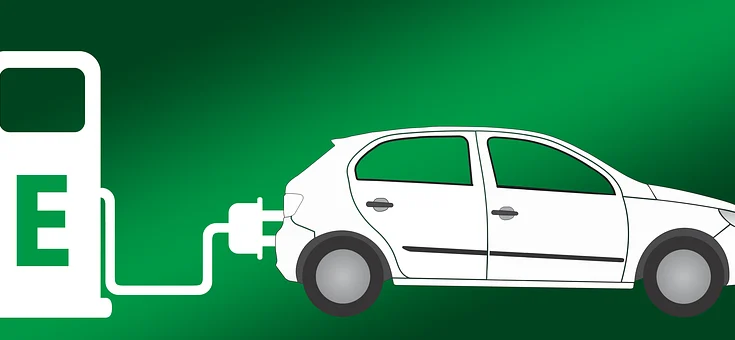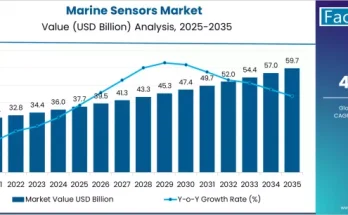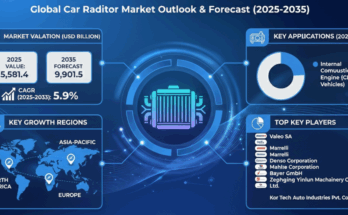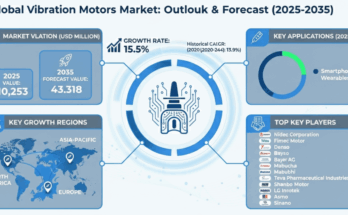EV Landscape: Trends & Challenges
Electric cars gaining traction in the last few years as these are more environmentally friendly than their gas-powered counterparts and can save drivers money on fuel costs in the long run.
With improvements in battery technology, decreased costs increased charging infrastructure, and growing competition, electric cars are becoming a more viable and attractive option for consumers. As governments continue to prioritize sustainability and environmental consciousness, the popularity of electric cars is expected to only increase in the coming years.
Electric vehicles market has been witnessing the following trends:
- Continued Growth in Sales- Sales of electric vehicles have been steadily increasing in recent years, and this trend is expected to continue. According to BloombergNEF, electric vehicles are expected to reach 10% of global passenger vehicle sales by 2025, and 28% by 2030.
- This growth is fueled by increased awareness of the benefits of electric vehicles, improvements in battery technology, and government incentives for electric vehicle purchases.
- Longer Driving Ranges- Many automakers are focusing on the extension of the driving range. Improvements in battery technology are one of the best ways to extend the range.
- For instance, Tesla’s Model S has a range of up to 402 miles on a single charge. Other automakers are also working on improving their electric car’s driving range. As battery technology continues to advance, it is expected that electric cars will eventually be able to travel as far as gas-powered cars.
- More Affordable Prices- Many automakers are taking initiatives to reduce the prices of the battery. As battery costs continue to decrease, the price of electric cars is expected to become more affordable. BloombergNEF predicts that the price of electric cars will be comparable to gas-powered cars by 2025.
- Increased Charging Infrastructure- As electric cars become are gaining traction, there is an increasing need for charging infrastructure. Governments and private companies are investing in building more charging stations, making it easier for electric car owners to charge their vehicles on the go.
- Increased Competition- More electric automakers are entering the market. This increased competition is driving innovation and making electric cars more accessible to a wider range of consumers. Some of the new entrants in the electric car market include Rivian, Lucid, and Polestar.
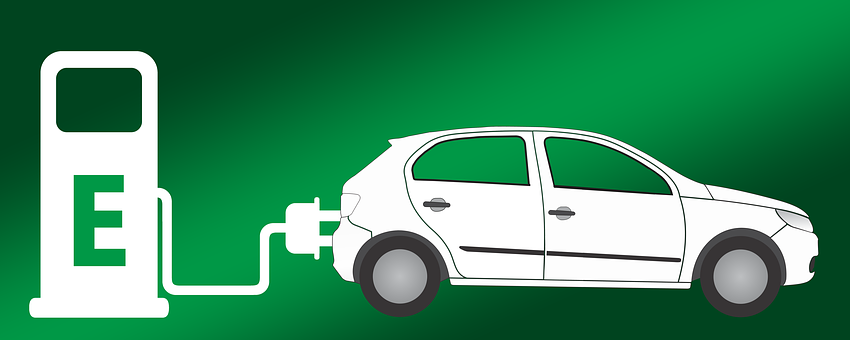
Few challenges faced by the EV makers in the industry:
- Range anxiety: Electric cars have limited range compared to gasoline-powered cars, and charging infrastructure is not as widely available as gas stations. This can cause anxiety for drivers who fear they will run out of power and be stranded.
- Cost: Electric cars are typically more expensive than gasoline-powered cars. Although the cost of batteries has been decreasing, they still account for a significant portion of the total cost of the vehicle.
- Charging time: Electric cars take longer to charge than it takes to fill up a gas tank. While fast-charging stations are becoming more common, many people still find the charging time to be inconvenient.
- Battery life and replacement: The lifespan of the battery is a concern for many potential electric car buyers. While electric car batteries are improving, they still degrade over time, and replacement costs can be significant.
- Lack of infrastructure: The charging infrastructure for electric cars is not yet as extensive as gas stations, especially in rural areas.
- Perception: Some people may still perceive electric cars as less reliable or less powerful than gasoline-powered cars.
- Limited model choices: The selection of electric cars on the market is still relatively limited compared to gasoline-powered cars.
To overcome these challenges, many Electric vehicles automakers have adopted various initiatives such as following:
- Recent developments in battery technology have led to longer-lasting batteries that can travel further on a single charge.
- For instance, Tesla’s Model S has a range of up to 402 miles on a single charge.
- Fast charging stations are becoming more common, allowing electric car owners to charge their vehicles more quickly and conveniently.
- Tesla’s Supercharger network, for example, can charge a Tesla to 80% in as little as 30 minutes.
- Many governments around the world are offering incentives and subsidies to encourage the adoption of electric cars. These incentives can include tax credits, rebates, and exemptions from tolls and congestion charges.
- Wireless charging technology is becoming more common for electric cars, allowing for a more seamless and convenient charging experience.
- Increased Performance: Electric cars are known for their quick acceleration and instant torque, and many automakers are taking advantage of this to create high-performance electric cars.
- For example, Tesla’s Model S Plaid can accelerate from 0 to 60 mph in less than 2 seconds, making it one of the fastest cars in the world.
